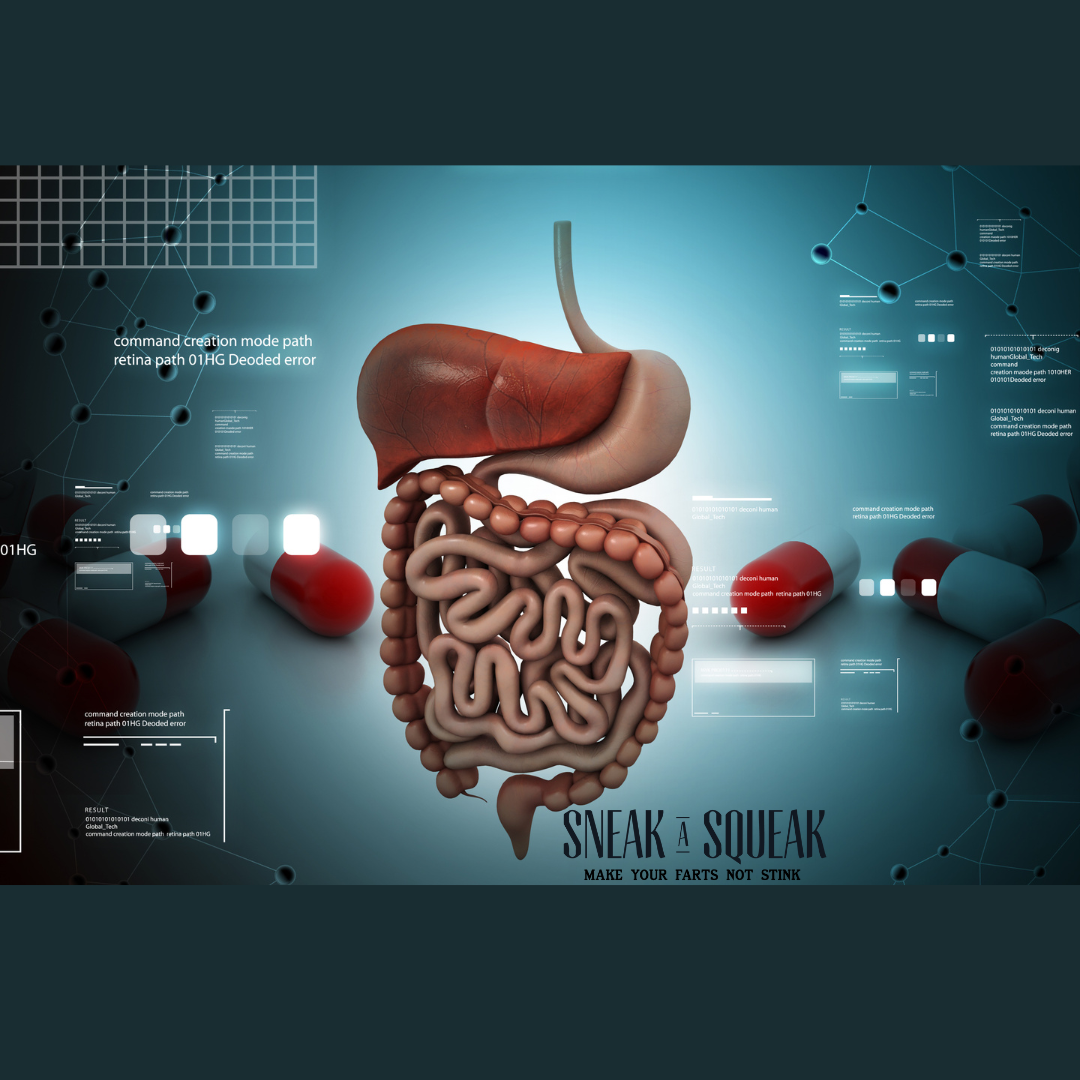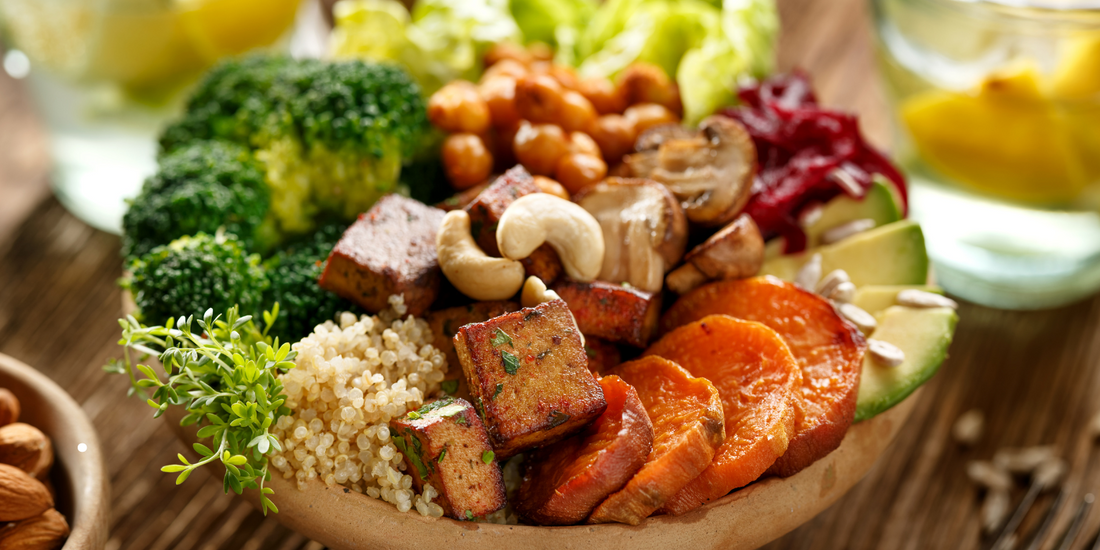The human digestive system is a complex and fascinating process that helps our bodies break down and absorb the nutrients we need to survive. It's amazing how our bodies can take in food, extract the useful parts, and get rid of the waste.
The process starts in the mouth, where the food is mechanically broken down by chewing and mixed with saliva. Saliva contains an enzyme called amylase that begins the process of breaking down carbohydrates. The chewed and partially digested food, now called a bolus, is then swallowed and travels down the esophagus to the stomach via a series of muscular contractions called peristalsis.
Once in the stomach, the bolus is mixed with stomach acid and enzymes that continue the process of breaking down proteins. The resulting mixture, called chyme, is then moved to the small intestine.
The small intestine is where most of the absorption of nutrients takes place. The walls of the small intestine are lined with tiny finger-like projections called villi, which increase the surface area for absorption. The chyme is mixed with bile, which is produced by the liver and stored in the gallbladder. Bile helps to break down fats into smaller droplets, making it easier for the villi to absorb them.
As the nutrients are absorbed, they enter the bloodstream and are transported to the liver for further processing and storage. The waste products, including undigested food and other substances, continue on to the large intestine.
The large intestine's main function is to absorb water and electrolytes from the remaining waste products and to compact the waste into stool, which is then stored in the rectum until it is eliminated from the body through the process of defecation.
Keeping your gut healthy is important for overall health and well-being. A healthy gut can help to boost the immune system, improve digestion and prevent a range of gastrointestinal problems. Here are a few suggestions for maintaining a healthy digestive system:
1- Eat a varied diet that includes plenty of fruits, vegetables, whole grains, and lean proteins.
2- Stay hydrated by drinking plenty of water throughout the day.
3- Get regular exercise to help stimulate bowel movements and improve digestion.
4- Practice stress management techniques such as deep breathing, meditation, or yoga to help reduce the risk of digestive problems.
5- Try incorporating probiotics, such as yogurt or fermented foods, into your diet to help maintain a healthy balance of bacteria in the gut.
And remember, despite the old saying "An apple a day keeps the doctor away," it might be more accurate to say "An apple a day keeps constipation at bay." So go ahead and munch on an apple (or other high-fiber foods) to keep your digestive system running smoothly. Happy pooping!

Get Your Gut in Gear: Tips for Maintaining a Healthy Digestive System
by
Mark Acor
in
News
Related Posts
Why Sneak a Squeak Might Be the Most Underrated Father’s Day Gift This Year
Looking for funny yet useful Father’s Day gifts? Discover why Sneak a Squeak might be the best underrated gift for dads—odor-free and unforgettable.
Learn moreHow to Naturally Eliminate Smelly Gas (And Feel Great About It!)
Discover Sneak a Squeak—the all-natural supplement designed to neutralize smelly gas odors at the source. Say goodbye to awkward moments and embrace odor-free confidence today!
Learn moreHow to Naturally Reduce Flatulence Odor
Learn how to naturally reduce flatulence odor and make your gas not stink with these effective tips and solutions.
Learn more



